Counter Offer
A real estate counteroffer is generated by a home seller after a buyer has submitted an offer to purchase and the offer includes terms that aren’t agreeable. Typically, a counteroffer states that the seller has accepted the buyer’s offer subject to one or more changes.
Due Diligence
Due Diligence is the period immediately after the acceptance of a Purchase and Sale contract to buy a home. This time period is very crucial in determining if the home is the right fit for the buyer. For the seller, this time period means inspections and possible further purchase negotiations.
Earnest Money
Money put down by a potential buyer to show that they are serious about purchasing the home; it becomes part of the down payment if the offer is accepted, is returned if the offer is rejected, or is forfeited if the buyer pulls out of the deal. During the contingency period the money may be returned to the buyer if the contingencies are not met to the buyer’s satisfaction.
Highest and Best Offer
Highest and best has become more popular in the last few years due to decreasing inventory and increased buyer demand. Highest and best is when a seller receives more than one offer on a property, and they decide to give everyone a chance to submit their best offer. In the seller’s formal request, the seller gives each buyer a chance to raise their offer and a date and time all offers must be received by the seller. The seller will review all offers at the same time and pick the offer they like best.
Home Warranty
A home warranty is an annual service contract that covers the repair or replacement of important appliances and systems components that break down over time.
Property Inspection
A home inspection is a limited, non-invasive examination of the condition of a home, often in connection with the sale of that home. The home inspector describes the condition of the home at the time of inspection but does not guarantee future condition, efficiency, or life expectancy of systems or components.
Residential Property Disclosure Form
This is a statement of certain conditions and information concerning the property actually known by the owner. The Property Condition Disclosure Act requires the seller of residential real property to cause this disclosure statement or a copy thereof to be delivered to a buyer or buyer’s agent prior to the signing by the buyer of a binding contract of sale.
Seller Contribution
Many people buying a home may not know about seller concessions, also known as seller contributions. The concept is basically this: The home buyer must pay for certain home financing costs, but an agreement can be made between the buyer and seller where the seller pays for those costs on behalf of the buyer. Each loan program has its own guidelines as to the max seller contributions.
